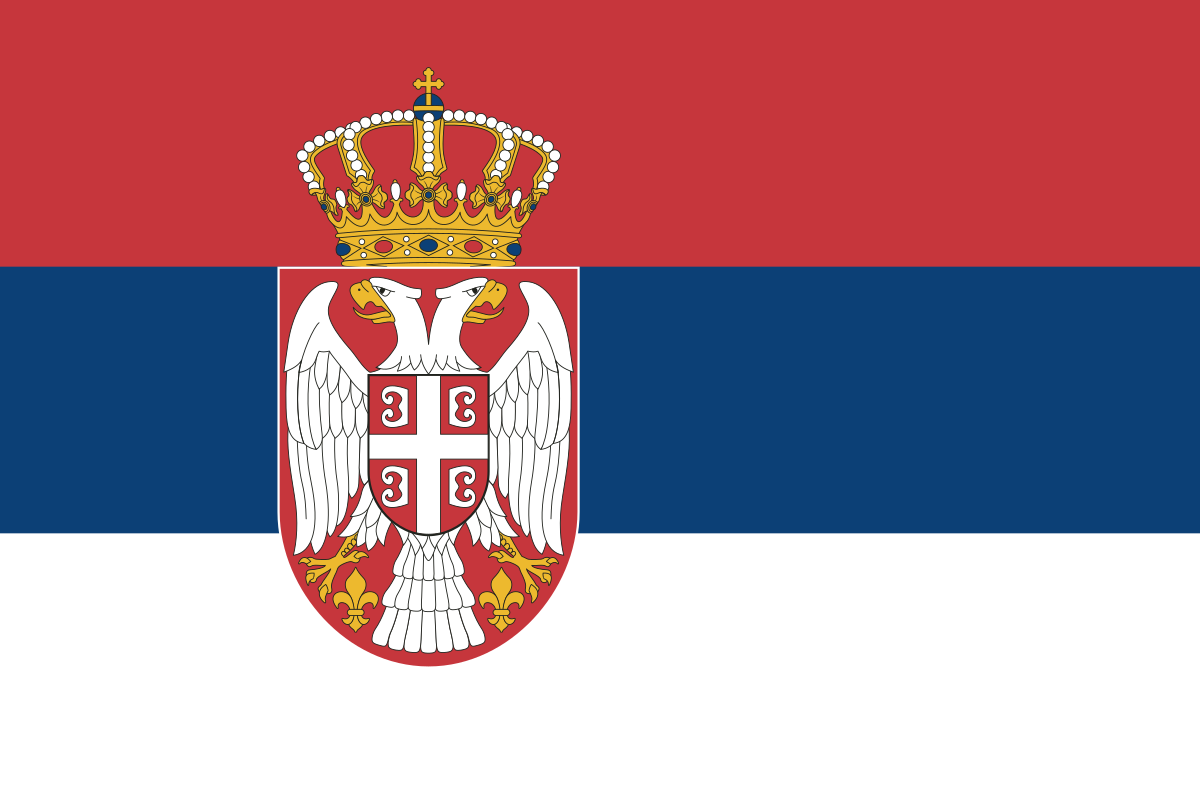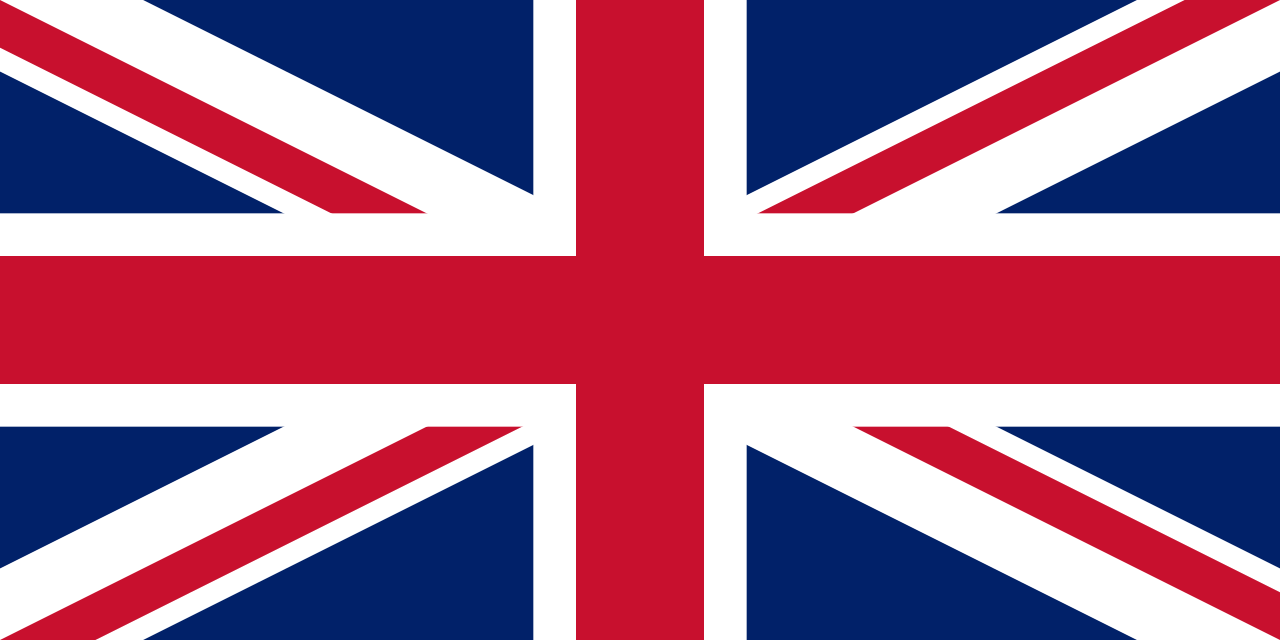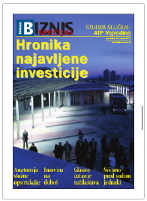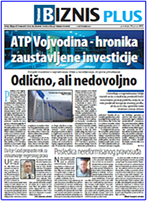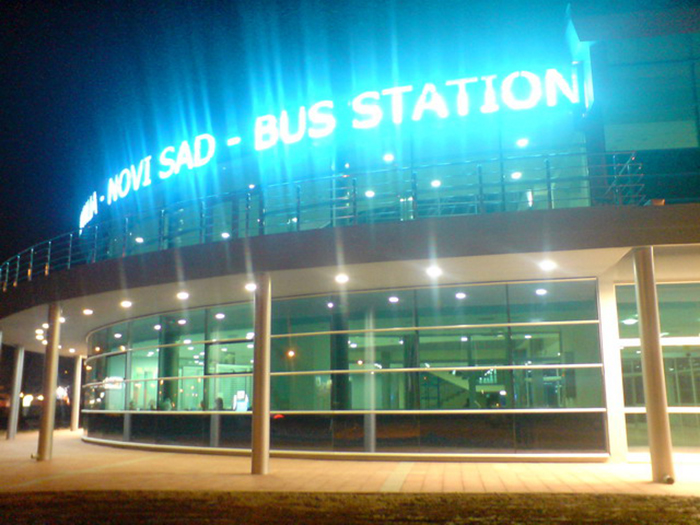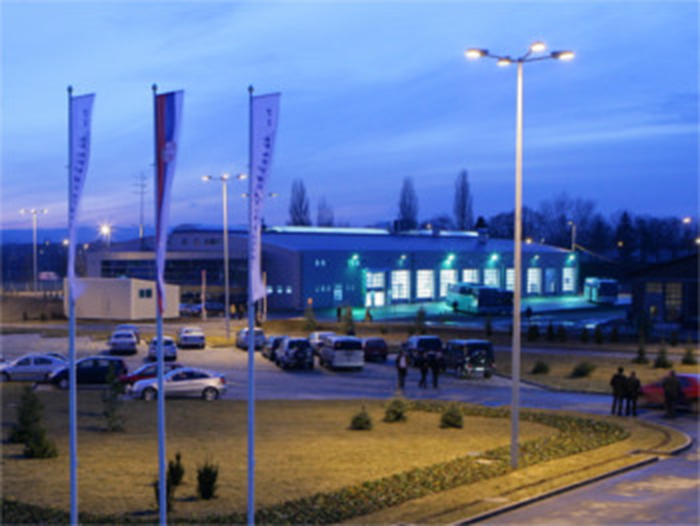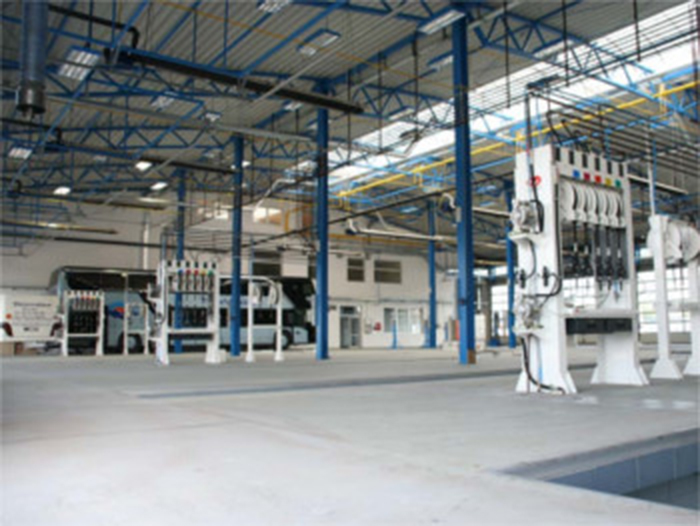18.09.2024. - What are the consequences of the legal proceedings conducted in the case of ATP "Vojvodina"?
The verdict that backfired.
By making concessions to interest groups, the authorities of Novi Sad caused damage to the City.
Although I have been involved in legal disputes as the former owner of ATP "Vojvodina" for more than 15 years, I have high hopes for a fair final outcome. I believe that after the reform of the judiciary, there will no longer be absurd rulings made under pressure from various interest, political, and "economic" groups. I believe this because the reforms within the rule of law were adopted and implemented under the scrutiny of the European Commission, which is also monitoring the ATP "Vojvodina" case.
I am currently awaiting decisions from the Supreme Court of Cassation (VKS) regarding the revisions submitted for compensation claims. ( Revision 1 before the Supreme Court of Cassation ; Revision 2 before the Supreme Court of Cassation).
I would like to remind you that the courts have already determined that the City of Novi Sad caused damage that has to be compensated. Specifically, the authorities of Novi Sad did not fulfill their obligation under the contract, according to which I, as the majority owner of ATP "Vojvodina", built a new bus station and service center on the company’s land with my own funds. According to the contract, the City was supposed to redirect traffic to the location of the new bus station, but since it failed to do so, the investment could not operate, and ATP "Vojvodina" went bankrupt. It was all premeditated to have me invest my business experience, knowledge, and capital, while interest groups aimed to seize the investment.
But the law states that whoever (the City of Novi Sad in this case) causes damage to another must pay for it. Thus, in January 2013, the Commercial Appellate Court issued a final and enforceable ruling that the City was supposed to pay 17 million euros with interest for the period up to the end of 2011. Had this ruling been followed, the creditors would have been settled, 600 employees would have returned to work, the company would have continued operating, and the City would have gained one of the most beautiful bus stations in this part of Europe.
But that is where the "game" began.
First, the then-prosecutor Snežana Marković (now President of the Constitutional Court, a position she achieved thanks to the downfall of ATP "Vojvodina") instructed Novi Sad prosecutor Đorđe Ostojić to "pull" the case from the enforcement procedure in order to file a request for the protection of legality. This was later rejected because there was no legal basis for it, but it allowed interest groups to put pressure on the Supreme Court of Cassation (VKS), where logistics had already been prepared for ruling on the revision submitted by the City.
Due to this "maneuvering," the Anti-Corruption Agency reacted, seeking an explanation from the then First Deputy Prime Minister Aleksandar Vučić, Minister of Justice and Public Administration Nikola Selaković, and the President of the Supreme Court of Cassation Dragomir Milojević.
In the "crafting" of the Supreme Court of Cassation (VKS) ruling, a group personally close to Judge Dragiša Slijepčević, who had significant influence over the VKS and the presiding judge, was involved. The result of these pressures was a strange ruling—the amount of damage was arbitrarily, without subsequent expert evaluation, reduced to four million euros. (Chronology of the Supreme Court of Cassation ruling in the ATP”Vojvodina” case under pressure from interest groups). U presudi se tvrdilo i da bi nova autobuska stanica uspostavila monopol, koji, uzgred, nije zab ranjen već je nezakonita samo zloupotreba tog položaja a ona je onemogućena činjenicom da su cene staničnih usluga u Srbiji pod kontrolom Privredne komore. Na to je, negirajući tvrdnje iz presude VKS podsetila i tadašnja Agencija za zaštitu konkurencije.
The ruling also claimed that the new bus station would establish a monopoly, which, by the way, is not prohibited but rather the abuse of such a position is illegal. This abuse was prevented by the fact that bus station service prices in Serbia are controlled by the Chamber of Commerce. The then-Competition Protection Agency also reminded that the claims made in the VKS ruling were incorrect.
On top of that, the case was removed from the court, "resolved" in 24 days, and written in a Novi Sad law office, and then immediately returned to the court after the May Day holiday in 2013. The then-presiding judge prepared the case for dispatch, but other judges intervened, demanding that the case go through a department meeting and enter judicial practice.
Due to the manner in which it was rendered and the reasoning that goes beyond the scope of the law, the ruling has been compromised, especially in the professional community.
I was dissatisfied as well, but the fact that it was included in judicial practice now comes back like a boomerang to the team that has been trying to seize my capital for 17 years. I expect that the Supreme Court of Cassation will make a proper and fair decision on the revisions I have submitted for compensation claims covering the period not covered by the 2013 ruling, i.e., for damages incurred from 2011 to 2021, until the City's unfulfilled contractual obligation expired. Even when these rulings are made, we will not have an answer to why, before all proceedings were concluded, ATP "Vojvodina" assets were sold off cheaply and why there was a rush to close the bankruptcy estate of ATP "Vojvodina." (Political pressure).
One of the answers should also be sought in the opening of the new Belgrade bus station and its true ownership structure.
Sincerely,
Ilija Dević, investor of ATP "Vojvodina"
